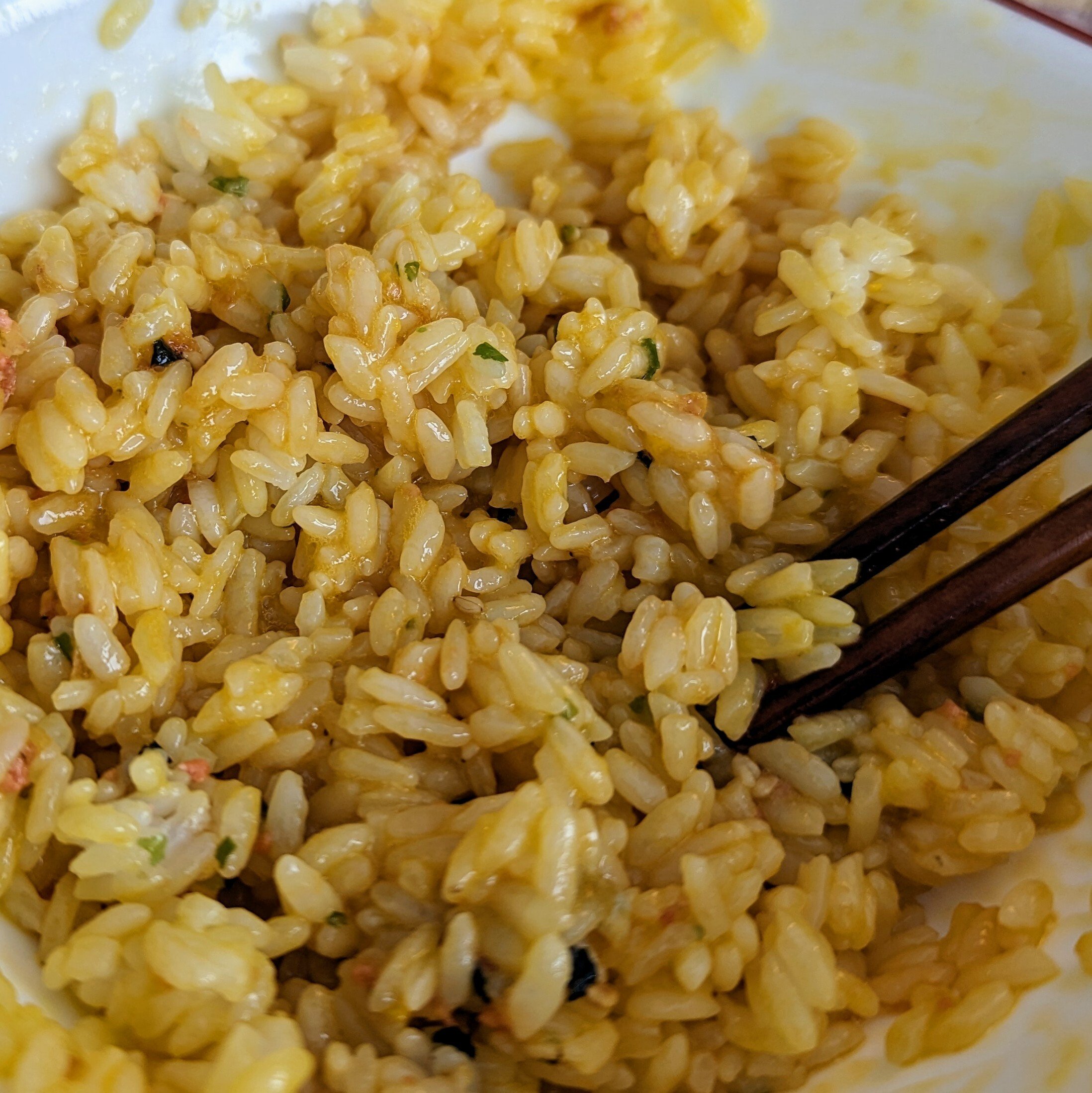FoodPorn
Welcome to a little slice of culinary heaven where we share photos of our favorite dishes, from savory succulent sausages to delicious and delectable desserts. Made it yourself? We'd love to hear your recipe!
Rules:
1. BE KIND
Food should bring people together, not tear them apart. Think of the human on the other side of the screen, and don't troll, harass, engage in bigotry, or otherwise make others uncomfortable with your words.
2. NO ADVERTISING
This community is for sharing pictures of awesome food, not a platform to advertise.
3. NO MEMES
4. PICTURES SHOULD BE OF FOOD
Preferably good, high quality pictures of good looking grub; for pictures of terrible food, see [email protected]
Other Cooking Communities:
Be sure to check out these other awesome and fun food related communities!
[email protected] - A general communty about all things cooking.
[email protected] - All about sous vide precision cooking.
[email protected] - Celebrating Korean cuisine!
view the rest of the comments

Your first link doesn't work and the second one is about Australia, where eggs are handled differently.
The first link works fine for me on mobile web. We are on the same instance so that may be the fault of the app you are using to browse Kbin.
And I included the second link because it's a nice fact sheet of egg myths, I'm aware that eggs are handled differently there
Do you have any sources for this claim?
My understanding is that while removing the bloom does make it easier for bacteria to penetrate the shell, because that's done just before packaging, the overall risk of contamination is lower. It's important to note that if the hen is infected there's a possibility for salmonella to be inside the egg regardless.
I'm using Firefox on Android.
What you said in your reply there is basically my source (which I have read about in the past, but do not have on hand at the time). Removing the bloom, as Americans do, increases porousness and makes it more likely for the internal part of the egg to become contaminated with bacteria, specifically salmonella. This is also why American eggs need to be refrigerated while nobody else's do. The chance is very low, but higher than if the bloom had not been removed.
I'm not saying you're wrong. I'm just saying everything I've ever heard and read about says that you should avoid raw American eggs in particular.
I am also using Firefox on Android so it's a mystery to me why the link doesn't work for you. Maybe it markdown will let me send it as plain text:
https://www.cdc.gov/foodsafety/communication/salmonella-and-eggs.htmlBut this would only apply when an external contaminant is introduced between packaging and consumption, since the sanitization process should eliminate any bacteria that was not already inside the egg, I think.
I suppose if poor food handling practices are involved, cross contamination is more likely in a restaurant cooler or something. I was mainly considering the case of home cooks in my earlier replies.
That's fair enough. I should note that the CDC link explicitly recommends the use of pasteurized egg products for raw and lightly cooked applications like this.
That sounds about right. Would I have heard/read in the past is that the more recently the bloom is removed before eating the raw egg, the less likely there is to be contamination internally. But in the American industrialized agriculture economy, I doubt that's happening right before it hits grocery market shelves. But on that point, it's a total guess and I've never heard anything about statistics on it.
I would just say that, if you want to eat raw eggs, try to get them fresh from somebody with chickens or a small farm. Sure, you'll probably be fine other ones, but win-win-win to go for the small guys.